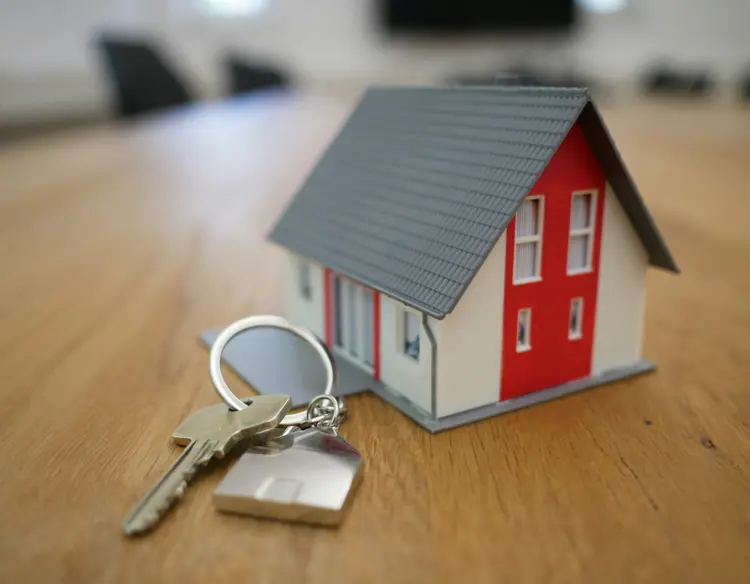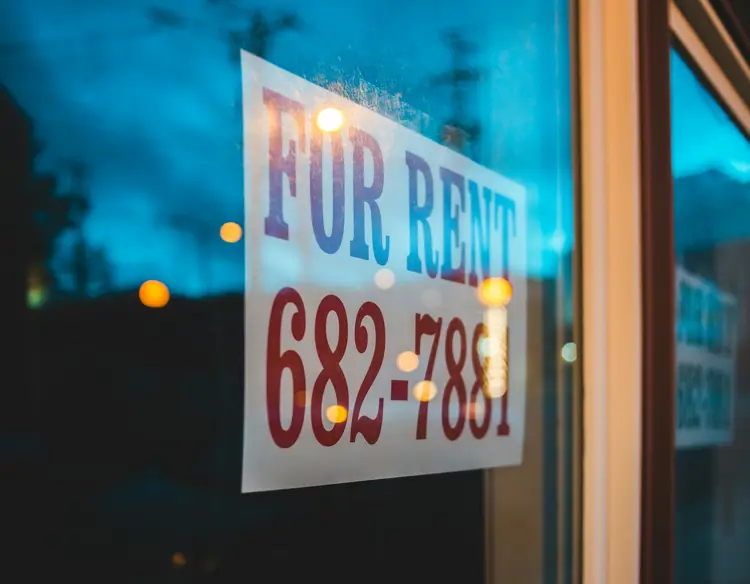Towards the end of last year a flat in the Ukraine was the first property in the world to be sold on the blockchain.
Hands up who, like me, perhaps has a bit of a knowledge gap here?
Blockchain is often reported as a new technology set to revolutionise the world, linked closely with cryptocurrencies. But, whilst there is a relationship (bitcoin utilises blockchain technology and both were conceptualised by the enigmatic Satoshi Nakamoto (google him/them?)), the two technologies are separate and distinct.
Simply put, blockchain is a continuously growing list of records (blocks) which are linked and secured using cryptography. Each block of information contains secure transaction data and a time stamp. Its relative position in the chain provides the security: once recorded, the data in any given block cannot be altered without the alteration of all subsequent blocks, which is extremely difficult.
From this you should see that it is not a niche technology, but one with potentially very wide applications, which may have game-changing implications for the way transactions, contracts and records are stored and verified. It is not a great leap to see how this, then, could relate to property/real estate transactions. But what would be the point, and would there be any benefit? Currently in Guernsey we rely on a deeds registry.
Every time a property is conveyed the same work is done as the last time. Advocates must review the previous title deed(s), check these against neighbours’ title deeds, ensure they match up, and perform a site visit to ensure the boundaries are correct. They will then draft a new conveyance, which says largely the same thing as the last. It is a process that has not changed for hundreds of years and could be more efficient.
This was the position in the UK until they introduced a land registry in 1862. Today this comprises a database of land that establishes proof of ownership with State-backed registration. This arguably provides greater security of title and better protection against, say, claims of adverse possession than the deeds system. In any case, the registration process itself is more efficient.
For many years there has been talk of Guernsey updating its system to have a land registry of its own. But should we be “updating” to something already over 150 years’ old? Do we instead look further ahead and embrace new concepts and technologies?
Blockchain could be the way forward. It offers the potential for faster and more secure transactions, with less involvement from third parties. It would not remove the need for proper title research, but it could certainly cut down the amount of time required to do it.
Of course it is in its infancy and its true applications and capabilities are yet to be tested fully. But this is happening. There are already several collaborations aimed at creating blockchain-based land-titling services.
Projects are being piloted in India, Sweden and Vermont.
Perhaps Guernsey could monitor the progress of these pilot projects and once again show that it continues to be a dynamic and forward thinking jurisdiction.





